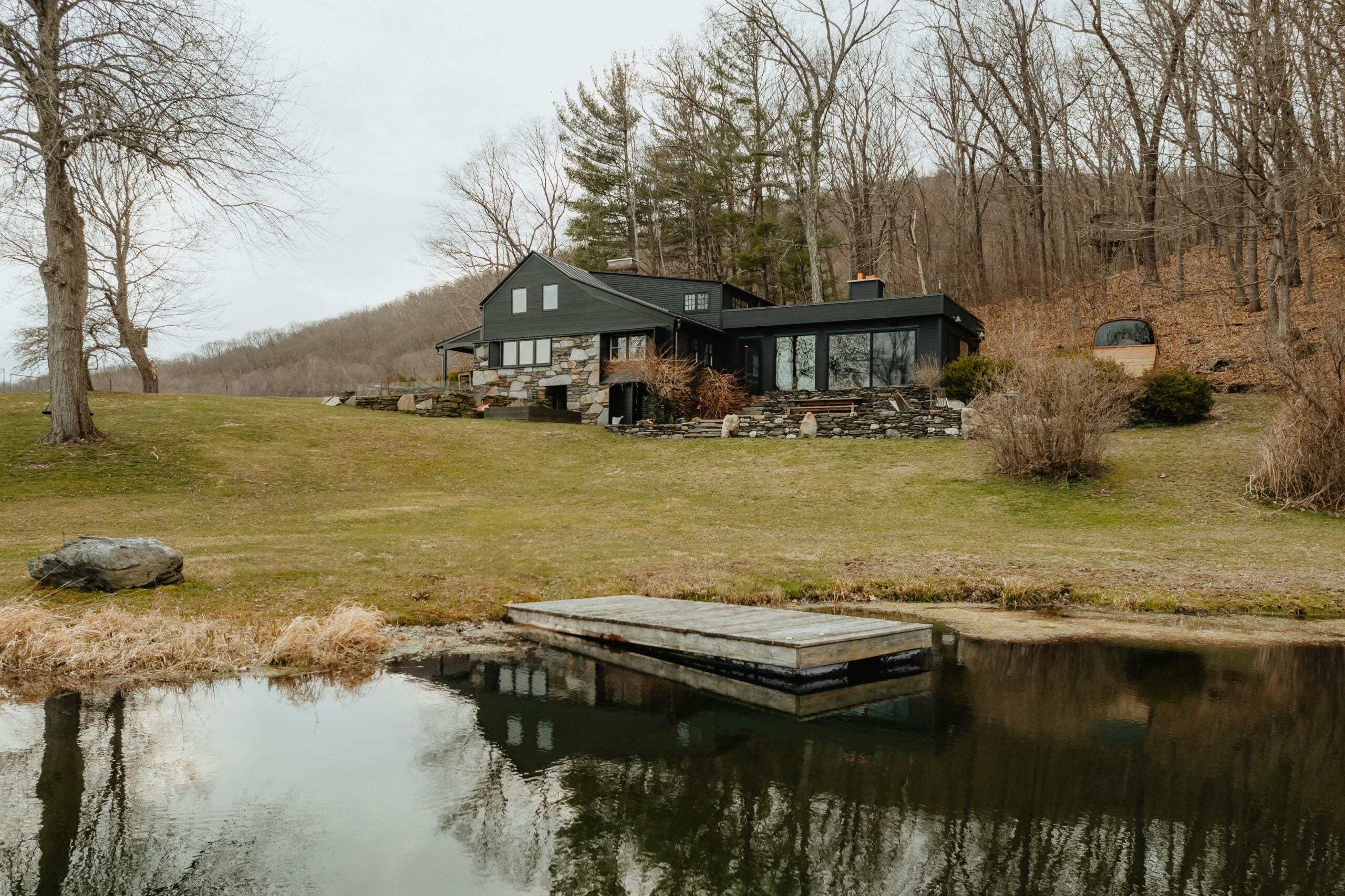AUGUST 29, 2024
Using Transfer-on-Death Deeds to Avoid Probate in Washington State

A transfer-on-death deed, sometimes abbreviated as a TOD deed, can be a practical estate planning strategy for avoiding the potentially costly and lengthy probate process in Washington state. More specifically, it allows you to transfer real property directly to a beneficiary on your death without having the property go through probate.
Below is a preliminary discussion of what you need to know about using transfer-on-death deeds to avoid probate in Washington state. But first, a brief explanation of what probate is and what the process involves.
Probate in Washington State
Probate is a court-supervised process that starts with verifying a will, if one exists, after a person passes away. This process includes identifying and assessing the value of the deceased’s assets, settling any outstanding debts and taxes, and distributing what remains of the estate to the designated beneficiaries.
If there is no will, and a person dies intestate, the court will still require probate to handle the deceased’s final debts and distribute their assets according to Washington state’s intestacy laws. The steps involved are generally quite similar, though not always, whether or not a will is present. Still, in certain situations, a transfer-on-death deed can further simplify the process.
Benefits of TOD Deeds for State of Washington Estates
One of the main benefits of using a TOD deed in Washington state is the opportunity to avoid probate, which can be a time-consuming and expensive process. Another is a hassle-free transfer; probate involves court supervision and can take months, if not years, to conclude. Finally, a transfer-on-death deed is especially helpful for small estates.
Transfer-on-Death Deeds for Small Estates
A TOD deed can further simplify the probate process for smaller estates in Washington, where assets are already below the threshold requiring probate, which is less than $100,000 in Washington state. If most of your estate is tied up in real property, or all of your accounts have pay-on-death designations or beneficiaries named, a TOD deed can allow for this significant part of your estate to pass directly to your chosen beneficiary without them encountering any unnecessary legal hurdles.
Understanding transfer-on-death deeds in Washington State
When you have a transfer-on-death deed, the designated property only transfers when you pass away. Since the transfer happens outside of probate and immediately upon death, it makes the process of receiving a bequest easier and faster for your loved ones.
With a transfer-on-death deed, the deed will remain revocable during your lifetime, meaning you can change your mind about what you want to do with that property at any time. This includes removing that person as a beneficiary, choosing a different beneficiary, and selling or refinancing the property without having to get permission from your originally named beneficiary first.
Washington State-Specific Considerations
While TOD deeds offer advantages, it’s important to consider Washington’s specific laws and requirements. For instance, Washington is a community property state, meaning that if you are married, your spouse may already have rights to the property. This could affect how a TOD deed is applied, so it’s necessary to consider your spouse’s legal rights when drafting the deed.
Limitations of TOD Deeds in Washington State
While TOD deeds are useful, they do have limitations. For example, they don’t cover personal property or other assets like bank accounts, investments, or vehicles. You’ll need to explore other estate planning tools for these types of assets, such as pay-on-death accounts or joint ownership arrangements.
Moreover, if you have more than one beneficiary or if your beneficiaries are minors, a TOD deed might not be the best option. Washington state law doesn’t allow you to designate alternate beneficiaries on a TOD deed, so if your chosen beneficiary dies before you, the property might still go through probate unless you update the deed.
How to Create a transfer-on-death deed in Washington State
The process is fairly straightforward if you decide to use a TOD deed as part of your Washington estate plan. First, you will need to draft the deed using the official TOD deed form specific to Washington state, which includes all the required details about the property and your chosen beneficiary.
Once the deed is prepared, it must be signed in the presence of a notary public to make it legally binding. After notarization, the deed should be filed with the county auditor’s office in the county where the property is located. Failing to record the deed means it won’t be valid, so this step is required to ensure your estate plan is carried out as you intend.
Even with a transfer-on-death deed, continue to review your estate plan regularly.
Reviewing your estate plan on a regular basis is important, especially if changes in your life might affect your TOD deed or any other part of your estate plan. Even in the absence of any life passages, such as the birth of a child or grandchild, divorce, marriage, or death in your family or of a beneficiary, reviewing your estate plan every three to five years is a good idea.
The same is true if you receive a dire health diagnosis and you don’t feel your estate plan is in order. It will be imperative for you to talk to a Seattle estate planning lawyer at once to get your affairs in order.
Find a Washington state estate planning lawyer to include a transfer-on-death deed in your estate plan.
In Washington state, a transfer-on-death deed offers a practical solution for transferring real property without the hassle of probate. While this estate planning provides notable advantages, it’s important to understand its limitations and how it can fit into your overall your estate plan. A Washington estate planning attorney can help.
At Elise Buie Family Law, our compassionate team of estate planning lawyers has created comprehensive estate plans of varying degrees of complexity for our clients and can do the same for you. We understand the though of creating an estate plan can be daunting, which is why we guide our clients every step of the way. Contact our Seattle office today to discuss your estate planning goals or schedule a consultation.
Stay up to date
Subscribe to our newsletters
Subscribe to one or more of our newsletters, delivering meaningful insight on topics that matter to you and your family.





